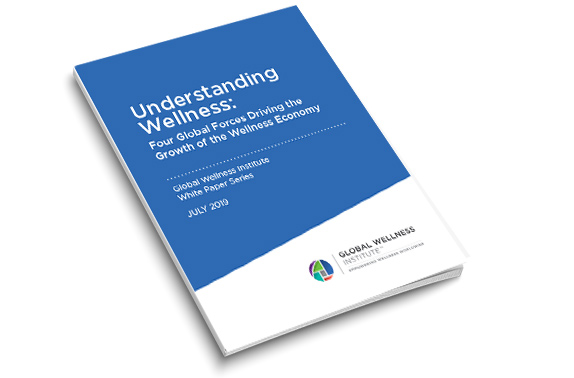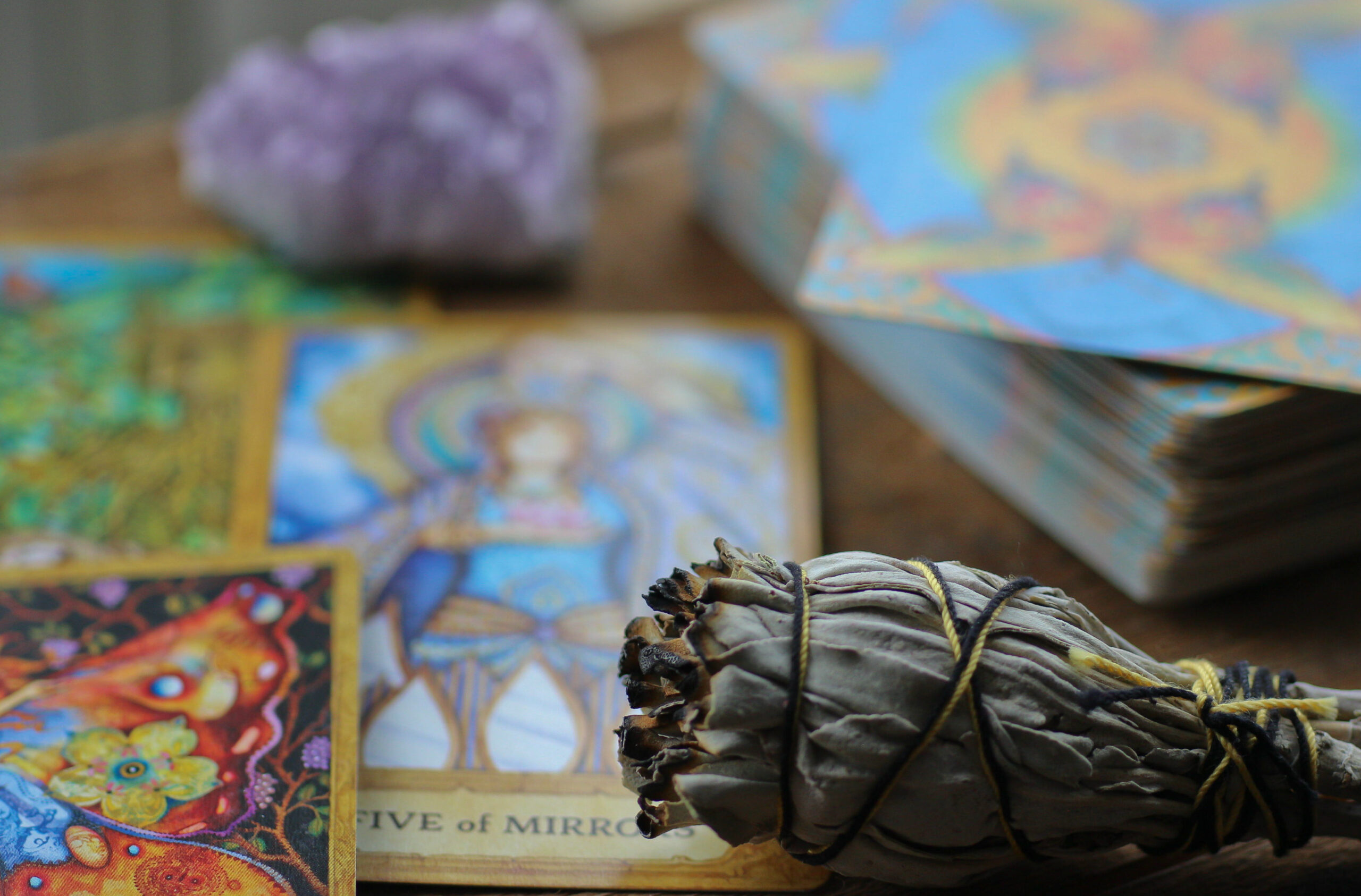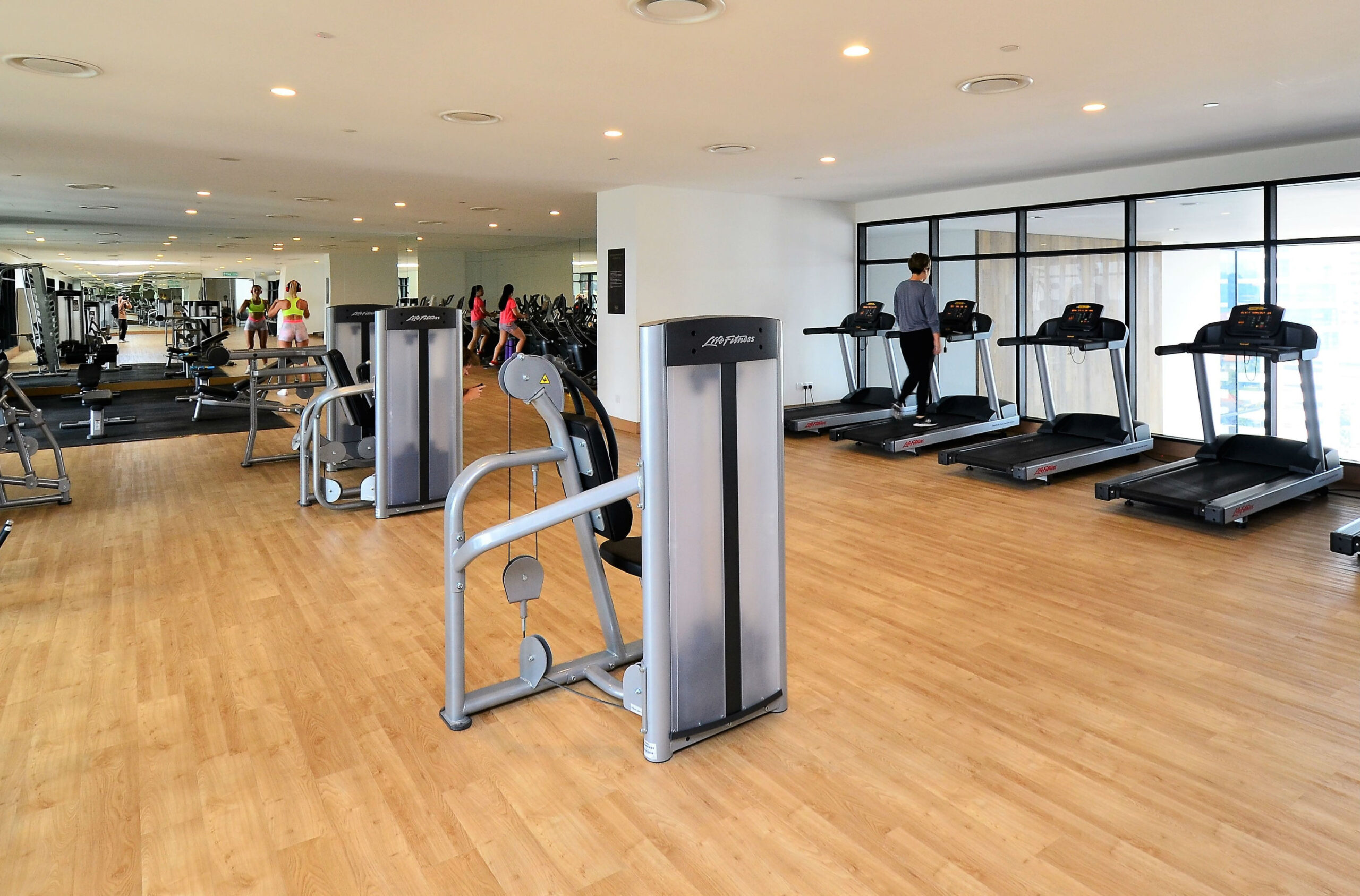MONTHLY BAROMETER – WELLNESS EDITION In this lower growth, uncertain and ever-more unequal world, an issue is gaining prominence: that of a wealth tax. For instance, a group of American billionaires has just been calling publicly for a “wealth tax,” and our own little survey at the Wellness Barometer (very limited and hence with no real scientific validity) shows that ultra-high-net-worth families are surprisingly receptive…





























































